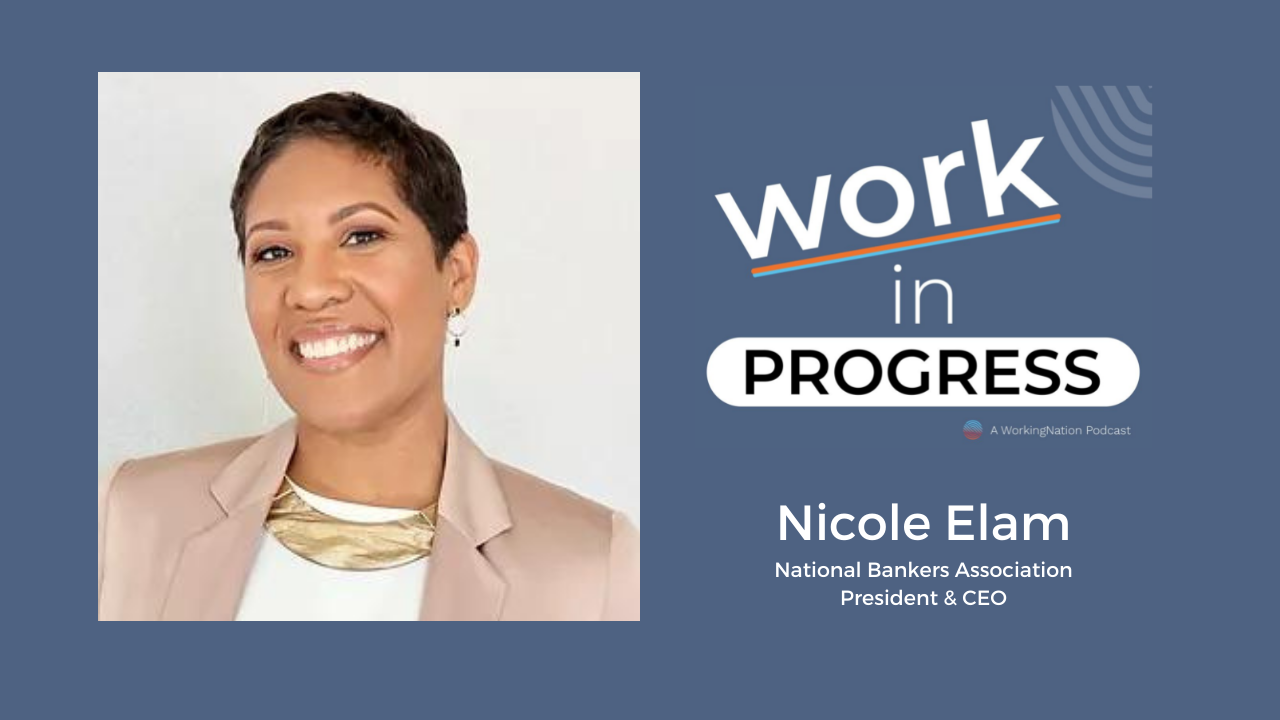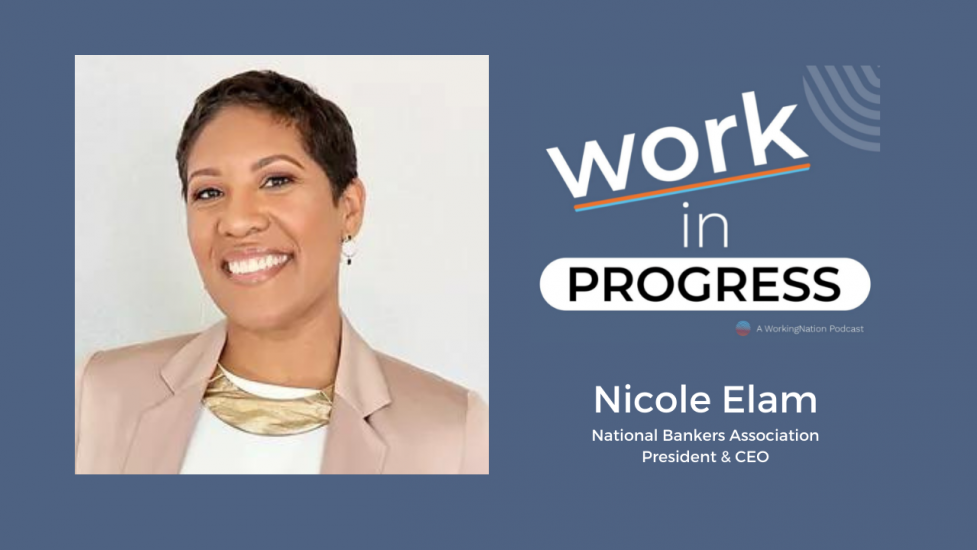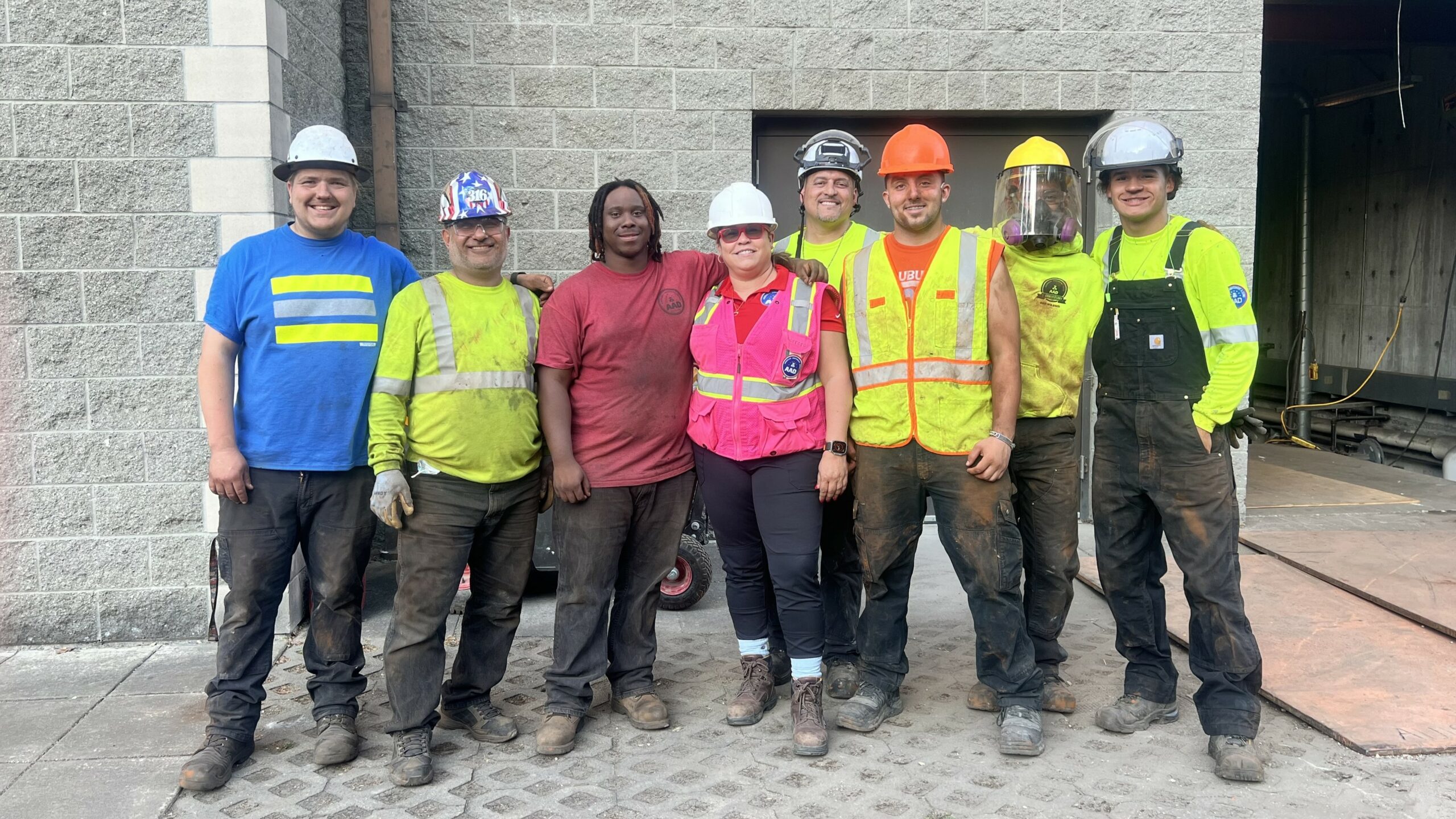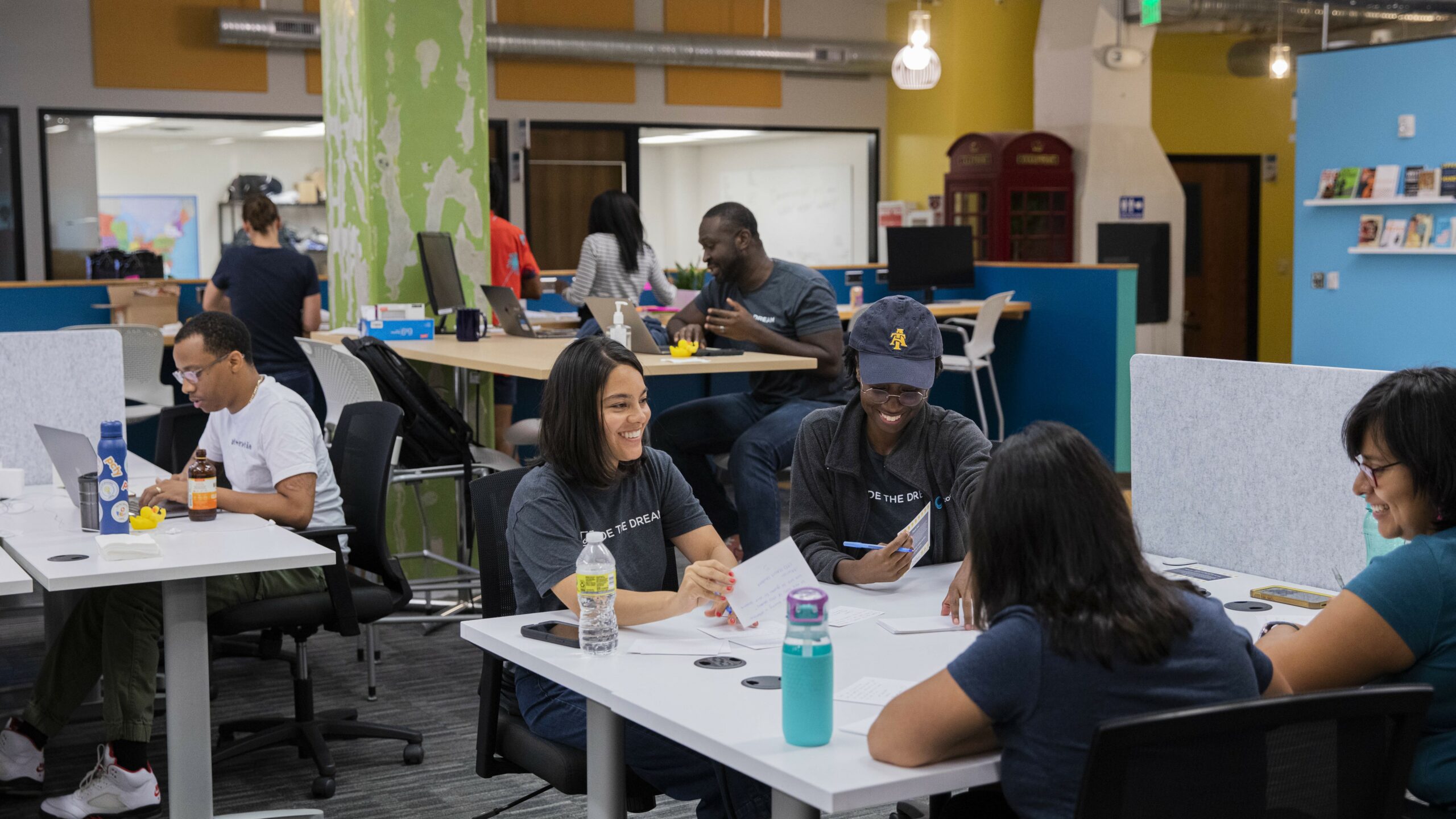Podcast: Play in new window | Download | Embed
Subscribe: Apple Podcasts | Google Podcasts | Spotify | Pandora | Youtube Music | RSS
In this episode, Nicole Elam, president & CEO of National Bankers Association (NBA), joins me to discuss the important role minority owned-and-operated banks play in a community’s economic health and in closing the wealth gap.
The U.S. banking system carries about $21 trillion in assets and minority owned banks make up just 3% of that total. The NBA was established in 1927 to support these banks which are predominately located in Black and brown communities that are typically underserved by traditional larger, mainstream institutions. “They punch well above their weight,” says Elam. “For example, a Black bank is typically in a community that has an average population of about 73% Black. As a result, they tend to be significant providers of mortgages and small business loans in these communities.”
Minority owned and operated banks are really at the center of wealth creation and closing the wealth gap in these communities, she says. “It’s really hard to build wealth if you don’t have access to financial services. It’s access to financial services, home ownership, and entrepreneurship. Home ownership continues to play a vital role in building and preserving strong communities. And then small businesses, owning a profitable small business is also key to, to growing and creating wealth.”
According to Elm and the NBA, non-white applicants with the same or better credit profiles as white applicants are still rejected at a rate of two times that of their white counterparts for small business loans and mortgages.
“Oftentimes when they get approved for loans, they have higher interest rate, they receive less loan amounts, and they’re subjected to harsher loan requirements. And a lot of this is really due to systemic racism in our mainstream traditional financial institutions. So these are places that are lending when others won’t. Without these institutions in these communities, you would not have these mortgages, the access to financial services, and the small business loans.”
While most small businesses are sole proprietors, but with the right financial support they can turn into job creators. “It’s a beauty salon. It’s a barber shop. It’s a person who’s providing a service. But when those small businesses are able to grow, they become places that create jobs in the communities, that sustain jobs in the communities, and that eventually continue to bring capital into the community. And so small businesses are really at the center of economic development in these communities.”
When it comes to closing the wealth gap, Elam says these community lenders are at its heart. “White families hold eight times the wealth of Black families and five times the wealth of Hispanic families. Why does that matter? It matters because if the wealth gap is that large, it’s really hard to grow and succeed. Banks are providing access to financial services. Banks are the ones that are providing mortgages. Banks are the ones that are providing small business loans. So they are really at the center of wealth creation.”
Despite their obvious importance, the number of minority owned banks today is about half of what it was two decades ago. Elam says that speaks to historic undercapitalization.
“It has only been within the last 12 to 24 months that there has been a focus on minority owned and operated banks. But because you’ve got decades of undercapitalization, decades of these banks doing the hardest work in banking, they’ve consolidated, some of them have closed their doors. And that’s been true throughout the entire banking industry.
“Over the last 15 years, you’ve seen a 44% decline in banks, but there’s been a 56% decline in minority owned and operated banks. And so those are the ones that have been the hardest hit and it speaks to undercapitalization. It’s really hard to bank. It’s really hard to lend, to run a banking business rather, and to lend, if you don’t have the capital that you need. And oftentimes these banks aren’t getting the capital that they need. And oftentimes they’re not getting the business opportunities.”
WorkingNation is all about shining light on solutions. Elam and I also speak about what can be done to reverse that trend. You can listen to the full conversation here, or find it and download it wherever you get your podcasts.
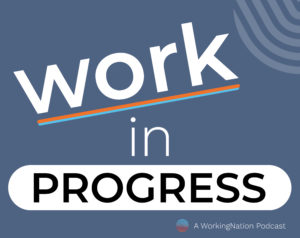
Episode 213: Nicole Elam, president & CEO, National Bankers Association
Host & Executive Producer: Ramona Schindelheim, Editor-in-Chief, WorkingNation
Producer: Larry Buhl
Executive Producers: Joan Lynch and Melissa Panzer
Music: Composed by Lee Rosevere and licensed under CC by 4.0.
Download the transcript for this podcast here.
You can check out all the other podcasts at this link: Work in Progress podcasts

